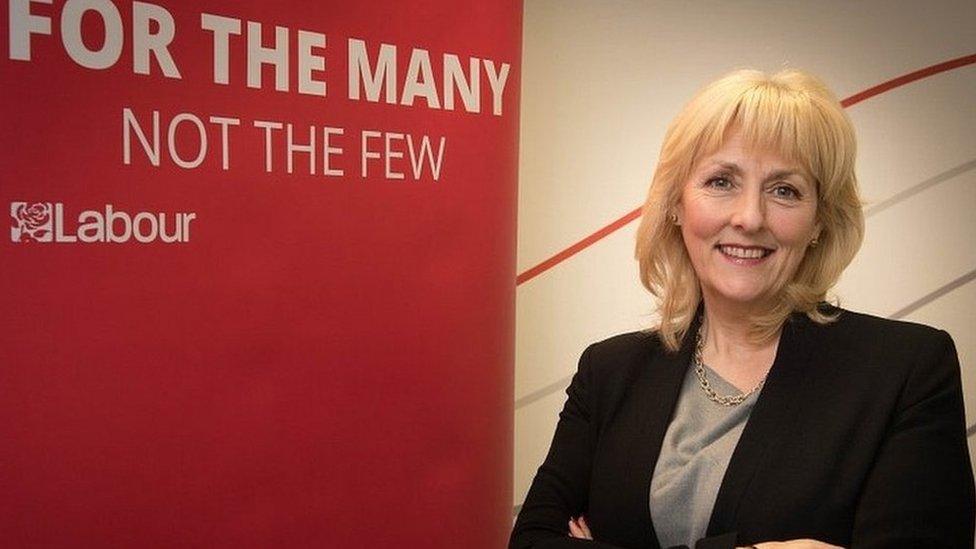Labour anti-Semitism row: Falconer under pressure to reject job
- Published
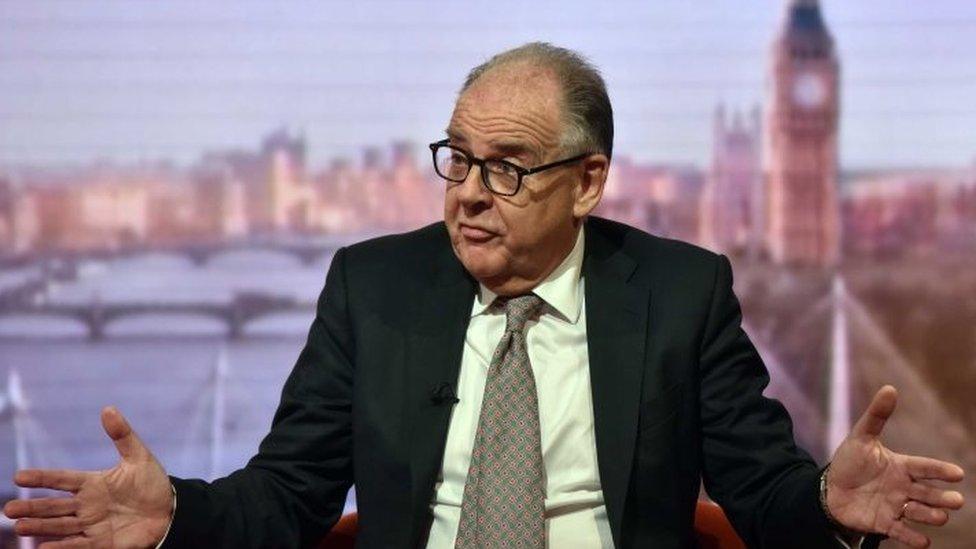
Lord Falconer is coming under pressure to reject an offer from Labour to head an inquiry into the party's handling of anti-Semitism claims.
Prominent Jewish Labour MPs have called for someone from outside the party to lead the probe.
They say the former lord chancellor is not independent enough to take the action they say is needed.
Lord Falconer rejects this - but says he is still deciding whether to accept the job.
It comes as the Equalities and Human Rights Commission announced it was investigating allegations of anti-Semitism in the Labour Party that have been passed to it by the Campaign Against Anti-Semitism and the Jewish Labour Movement.
A spokesman for the Commission said it could decide to work with the party to tackle anti-Semitism - or launch a formal inquiry into the party' handling of the issue, but its report was not likely to be published imminently.
Labour MP Dame Margaret Hodge has accused members of Labour leader Jeremy Corbyn's inner circle of interfering in disciplinary processes to make sanctions more lenient.
She has referred to internal documents leaked to the Observer, external, which show senior Labour figures last year opposed recommendations to suspend several party activists accused of anti-Semitism.
This "contradicts" what Mr Corbyn had told her when she confronted him about it, she claims.
A Labour Party spokesman said: "Any suggestion that staff in the Leader's Office overturned recommendations on individual cases is categorically untrue."
He added: "Since becoming general secretary, Jennie Formby has made procedures for dealing with complaints about anti-Semitism more robust, external.
Dame Margaret also claims Lord Falconer had "bombarded" her with phone calls last summer, when she was facing disciplinary action - later dropped - over an angry confrontation with Mr Corbyn, to try to "force me to give an apology".
He has said he wants to examine claims Labour is institutionally anti-Semitic and look out how to restore faith in the party's disciplinary procedures.
He told BBC Radio 5 Live's Pienaar's Politics that many Labour members believed the treatment of cases depended on "who your friends are".
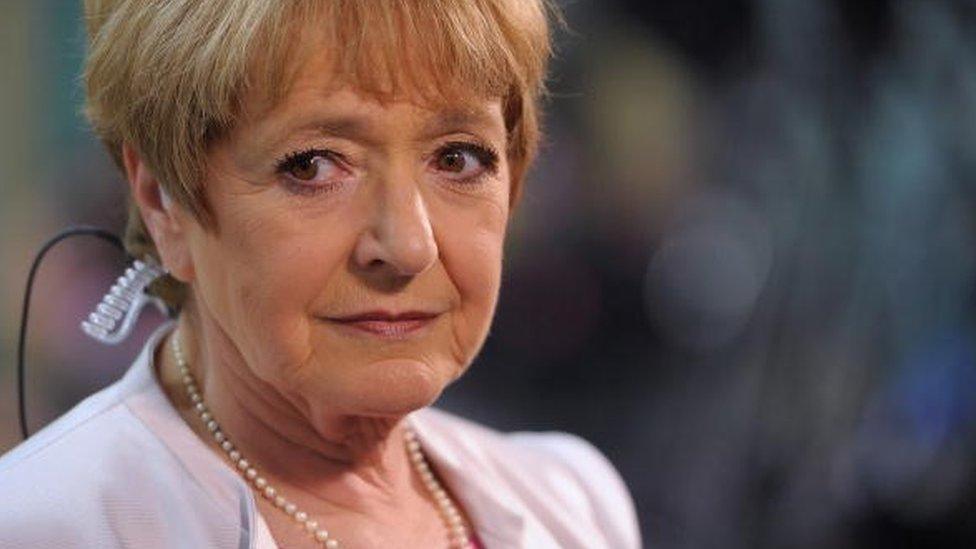
Margaret Hodge has written to Jeremy Corbyn about the party's approach to anti-Semitism
She claimed his inquiry could be a repeat of the one carried out by Labour peer Baroness Chakrabarti in 2016, which found that the party was 'not overrun by anti-Semitism'.
"We need somebody totally outside the Labour Party, otherwise this becomes another Chakrabarti fiasco," said Dame Margaret.
In response, Lord Falconer said: "I am shocked she thought I was trying to pressurise her into apologising for calling Jeremy Corbyn an anti-Semite. I was just trying to urge the party to drop their complaint against her."
He told BBC Politics Live presenter Jo Coburn he would be independent of the leadership and investigate any complaints of anti-Semitism in the strongest possible way, but he had not yet accepted the job.
Speaking on the BBC News Channel, another prominent Jewish Labour MP Louise Ellman said Lord Falconer should think "very carefully indeed" before accepting the role of "surveillance commissioner" .
She said Lord Falconer was "highly respected", but there were "very big questions he should ask himself" before taking up the post. "His role is not clear," she said, "and the degree of his independence isn't very clear."
Another Jewish Labour MP, Ruth Smeeth, told the Times that Labour's disciplinary processes were "not fit for purpose" and "political interference on the side of anti-Semites is normal behaviour".
She added: "Big changes are needed if we are ever to have faith in the leadership of the Labour Party."
- Published23 July 2018
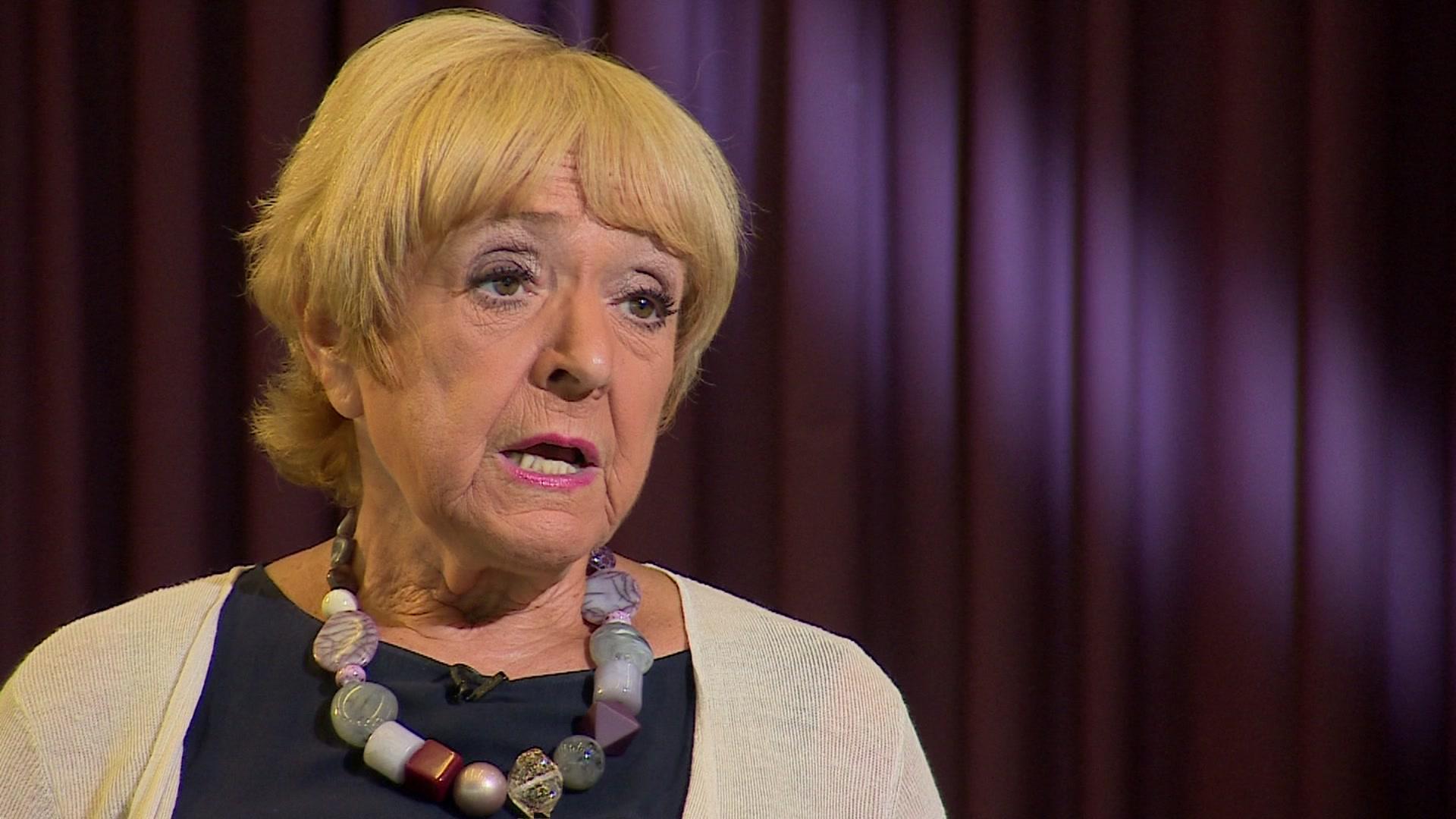
- Published18 November 2020
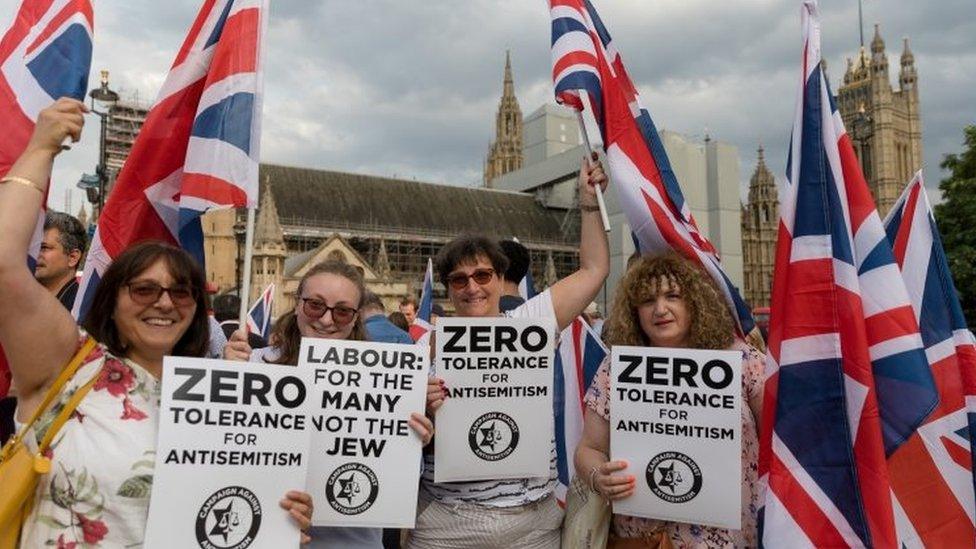
- Published3 March 2019
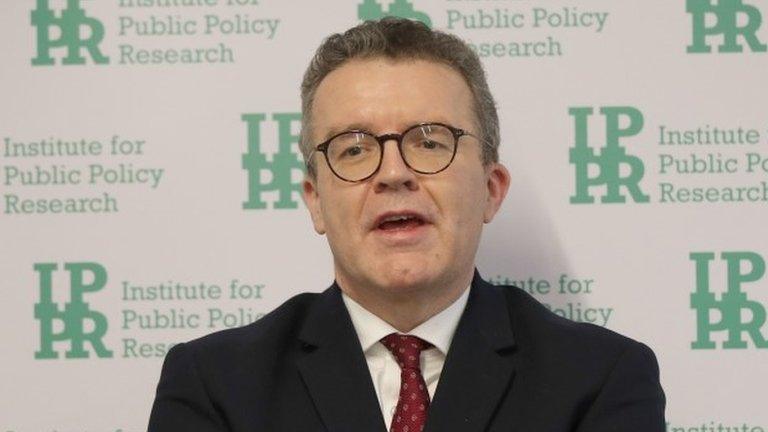
- Published20 March 2018
